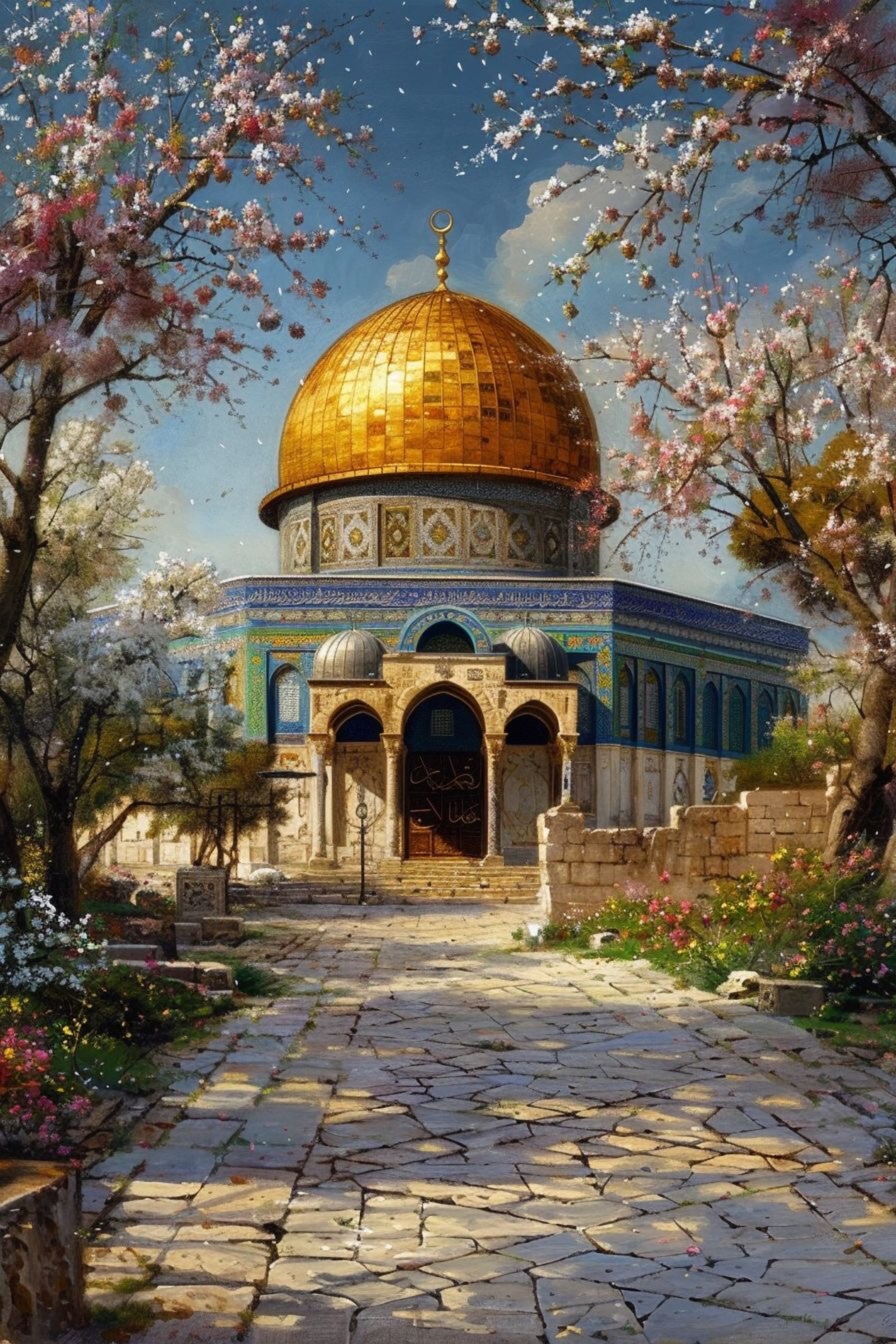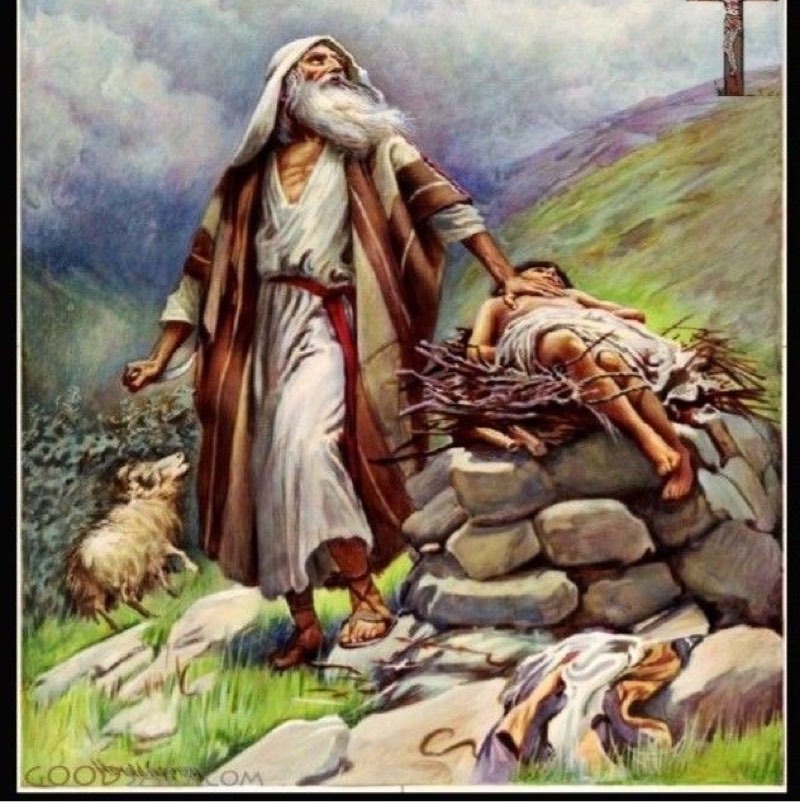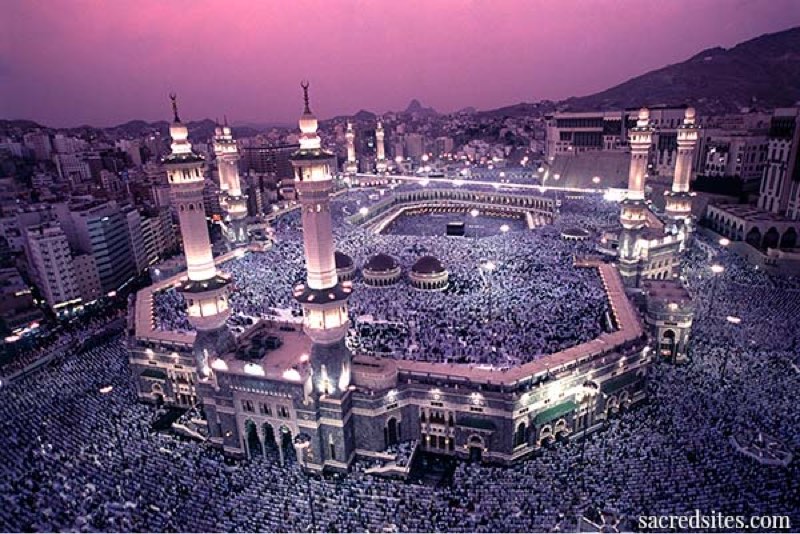Hagar in Islamic Tradition
In Islamic tradition, Hagar, known as Hajar in Arabic, holds a significant and revered position. Her story is prominently featured in various Hadith (sayings and actions of the Prophet Muhammad) and Islamic teachings. Here are some key aspects of what Hadith and Islamic tradition say about Hagar:
1. Hagar and Ishmael in the Desert:
One of the most well-known stories involving Hagar is her journey to the desert with her infant son Ishmael. According to Hadith, Abraham was commanded by God to leave Hagar and her baby in the barren desert of Mecca. Hagar's trust in God and her perseverance are highlighted in this story.
A significant Hadith from Sahih Bukhari describes Hagar running between the hills of Safa and Marwah in search of water for her infant son Ishmael. This event is commemorated in the Sa'i ritual, part of the Hajj pilgrimage, where pilgrims re-enact her search for water.
2. The Well of Zamzam:
Islamic tradition holds that as Hagar searched desperately for water, the angel Jibril (Gabriel) struck the ground, and the well of Zamzam miraculously sprang forth. This well provided water for Hagar and Ishmael, and it remains a significant site in Islam to this day. This story is also recounted in Sahih Bukhari.
3. Hagar’s Faith and Patience:
Hagar is often praised in Hadith and Islamic literature for her unwavering faith, patience, and devotion. Her story is used to exemplify trust in God's plan and the importance of perseverance in the face of hardship.
4. Role in Islamic Rituals:
As mentioned, the Sa'i ritual in Hajj, where pilgrims walk between Safa and Marwah, directly commemorates Hagar’s search for water. This act is a testament to her endurance and faith.
Example Hadith:
Sahih Bukhari 3364:
Narrated by Ibn Abbas: The first lady to use a girdle was the mother of Ishmael. She used a girdle so that she might hide her tracks from Sarah. Abraham brought her and her son Ishmael while she was suckling him, to a place near the Ka'ba under a tree on the spot of Zamzam, at the highest place in the mosque. During those days, there was nobody in Mecca, nor was there any water there. So he made them sit over there and placed near them a leather bag containing some dates, and a small water-skin containing some water, and set out homeward.
Hagar followed him, saying, "O Abraham! Where are you going, leaving us in this valley where there is no person whose company we may enjoy, nor is there anything (to enjoy)?" She repeated that to him many times, but he did not look back at her. Then she asked him, "Has Allah ordered you to do so?"
Abraham said, "Yes." Hagar said, "Then Allah will not neglect us," and returned while Abraham proceeded onwards, and on reaching Thaniya where they could not see him, Abraham faced the Ka'ba, and raising both hands, invoked Allah saying the following prayers: "O our Lord! I have made some of my offspring dwell in a valley without cultivation, by Your Sacred House (Ka'ba at Mecca) in order, O our Lord, that they may offer prayer perfectly. So fill some hearts among men with love towards them, and (O Allah) provide them with fruits so that they may give thanks."
Conclusion:
Hagar’s story in Islamic tradition is one of profound faith, resilience, and trust in God's providence. Her experiences are integral to several Islamic rituals and continue to inspire Muslims around the world.



